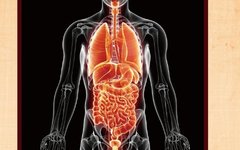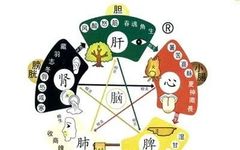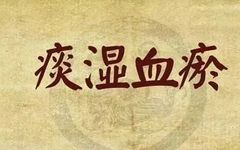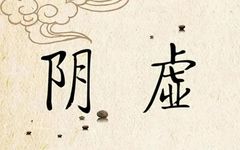What are the Five Organs and Six Bowels?
The term “Zangfu” refers to the internal organs of the human body. According to Traditional Chinese Medicine (TCM), the organs are categorized into three types based on their physiological functions and structural characteristics: the Five Organs (五脏), Six Bowels (六腑), and the Extraordinary Organs (奇恒之腑). The Five Organs include the Heart (心), Lungs (肺), Spleen … Read more










